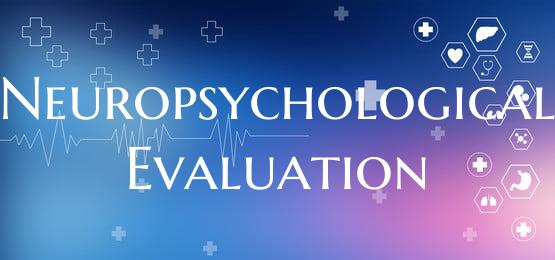
Neuropsychological Evaluation
Understanding the Importance of Neuropsychological Evaluation
Neuropsychological evaluation is a comprehensive assessment that focuses on understanding an individual's cognitive and psychological functioning, particularly as it relates to brain function. This specialized form of assessment is often utilized to identify, diagnose, and monitor various neurological and psychological conditions.
During a neuropsychological evaluation, a trained professional, such as a neuropsychologist, administers a series of tests and assessments that assess various cognitive domains such as memory, attention, language, executive functioning, visuospatial skills, and motor abilities. These assessments provide valuable insights into how the brain is functioning and can help determine the presence of cognitive impairments or deficits.
The results of a neuropsychological evaluation can be instrumental in guiding treatment planning, rehabilitation efforts, and intervention strategies for individuals with neurological conditions such as traumatic brain injury, stroke, dementia, ADHD, learning disabilities, and various psychiatric disorders. Additionally, this evaluation can also assist in tracking changes in cognitive functioning over time and evaluating the effectiveness of interventions.
Overall, neuropsychological evaluation plays a crucial role in understanding the relationship between brain function and behavior, ultimately helping individuals and healthcare providers make informed decisions regarding diagnosis, treatment, and management of various cognitive and psychological conditions.